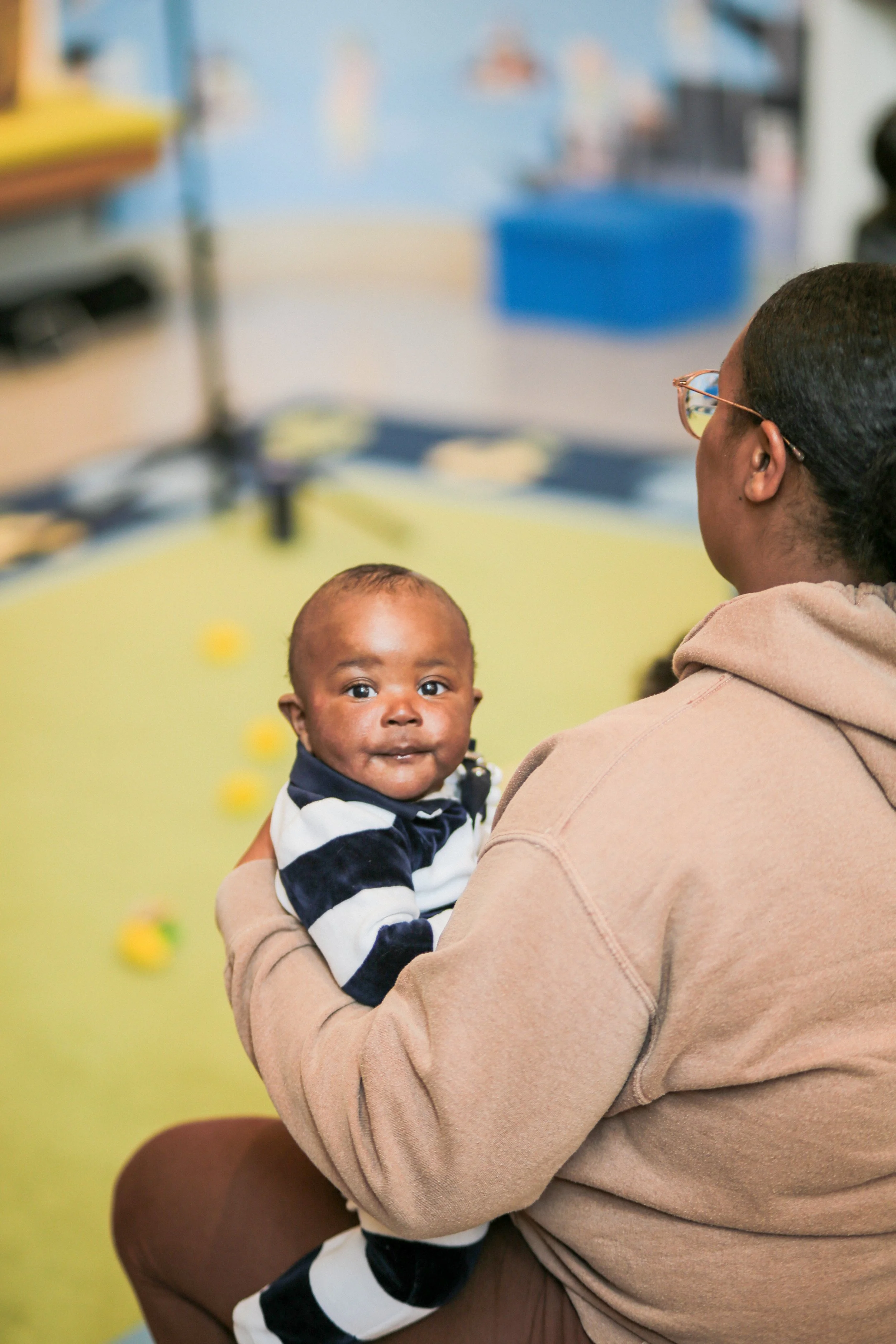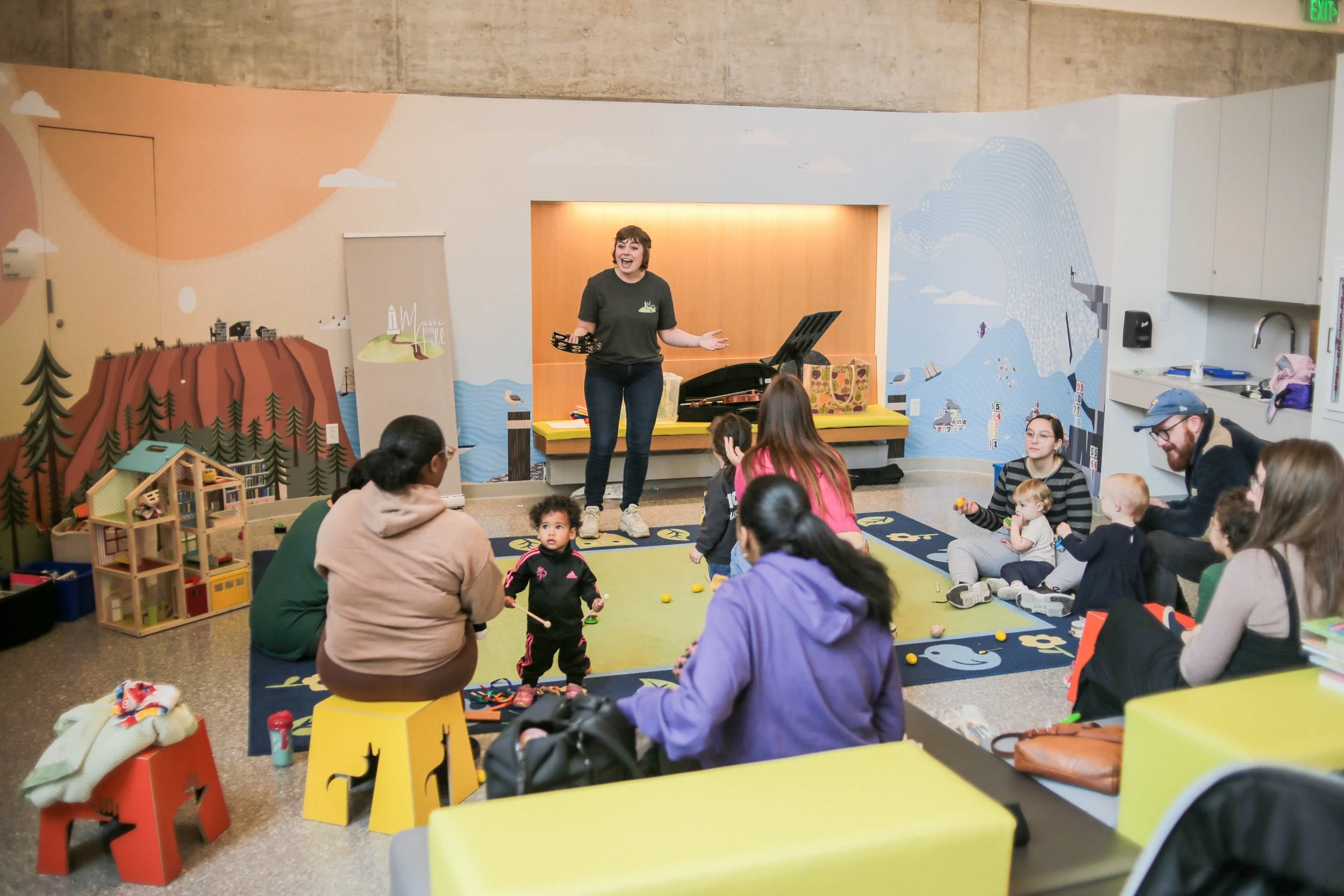
210 Children Served!
Clinical research shows that musical activity has positive effects on a variety of skills, supporting educational processes and development for children.
-
“Music may play an important role in meeting a child's educational needs as it provides a means of self-expression, giving the child an outlet for feelings and emotions. “ Read more.
-
“Musical training has recently gained additional interest in education as increasing neuroscientific research demonstrates its positive effects on brain development.” Read more.
-
“Music activities offer a rich and underutilized resource for health and well-being to participants of diverse ages, backgrounds, and settings. The review provides preliminary evidence that particular music activities may be recommended for specific psychosocial purposes and for specific health conditions.” Read more.
Personal Identity
Music education helps children develop a sense of personal identity by providing a means of self-expression and creativity. It allows them to explore their unique talents, interests, and emotions, fostering a strong sense of individuality.
Expression and Communication
Learning music equips children with a powerful medium to express their thoughts, feelings, and ideas. It enhances their communication skills, both verbal and non-verbal, enabling them to convey emotions and connect with others on a deeper level.
Cognitive Development
Music education positively influences various aspects of cognitive development. It enhances memory, attention span, and problem-solving abilities. Learning to read music notation, for example, stimulates language and mathematical skills, fostering overall intellectual growth.
Emotional Well-Being
Engaging in music-making has a profound impact on emotional well-being. It provides an outlet for self-expression, reduces stress, and boosts mood. Playing or singing in a group setting promotes a sense of belonging and social connection, leading to increased happiness and overall emotional resilience.
Physical Coordination
Playing musical instruments or participating in activities like dancing enhances motor skills and hand-eye coordination. This physical aspect of music education contributes to the development of fine motor skills and overall physical dexterity.
Social Skills
Music education encourages teamwork, cooperation, and collaboration. Whether it's performing in an ensemble or participating in a choir, children learn to work together, listen to others, and contribute to a collective effort. These experiences nurture social skills, empathy, and respect for others.
Cultural Appreciation
Music education exposes children to a diverse range of musical styles, genres, and traditions from various cultures. This exposure fosters an appreciation for diversity, encourages cultural understanding, and broadens their worldview.

